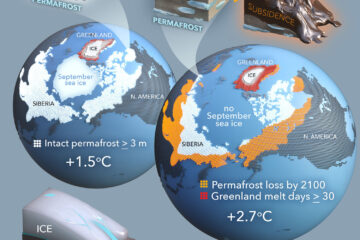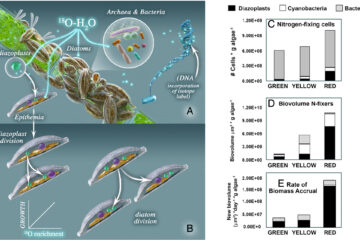Nitrogen fertilization reduces yield declines following no-till adoption
Conservation agriculture (CA) has been promoted as a method of sustainable intensification and climate change mitigation and is being widely practiced and implemented globally. However, no-till (NT), a fundamental component of CA, has been shown to reduce yields in many cases. In order to maintain yields following adoption of CA, it has been recently suggested that fertilizer application should be an integral component of CA. To determine the contribution of nitrogen (N) fertilizer in minimizing yield declines following NT implementation, we assessed 2759 paired comparisons of NT and conventional tillage (CT) systems from 325 studies reported in the peer-reviewed literature between 1980 and 2013. Overall, we found that NT yields decreased −10.7% (−14.8% to −6.5%) and −3.7% (−5.3% to −2.2%) relative to CT in tropical/subtropical and temperate regions, respectively. Among management and environmental variables that included: the rate of N fertilization; the duration of the NT/CT comparison; residue, rotation, and irrigation practices; the crop type; and the site aridity, N rate was the most important explanatory variable for NT yield declines in tropical/subtropical regions. In temperate regions, N fertilization rates were relatively less important. NT yield declines were most consistently observed at low rates of N fertilization during the first 2 years of NT adoption in tropical/subtropical regions. Applications of N fertilizer at rates of up to 85 ± 12 kg N ha−1 yr−1 significantly reduced NT yield declines in these scenarios. While this result should not be viewed as a rate recommendation, it does suggest that farmers applying rates of N fertilizer that are low for their specific system will, on average, see higher NT yields if they increase application rates. In addition, when crop rotation was not practiced or residues were removed from the field, NT yield declines were magnified by low rates of N fertilization in tropical/subtropical regions. These results, based on a global data set and across a broad range of crops, highlight the importance of N fertilization in counteracting yield declines in NT systems, particularly in tropical/subtropical regions.


